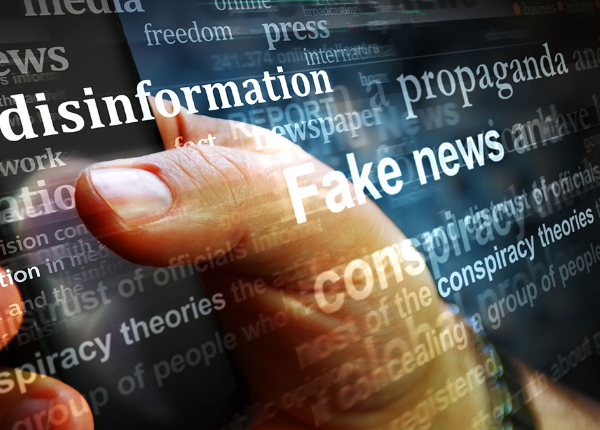It’s time to retire the term “fake news,” says Margaret Sullivan, the media columnist for The Washington Post.
Sullivan joined faculty and students at the University of Mississippi recently to discuss what she calls one of the leading threats to our democracy – fake news. Sullivan joined the Post after serving as public editor of the New York Times.
Defined as purposeful lies and misinformation in years past, “fake news” has had its 15 minutes of fame, and it’s time to put the term to rest, Sullivan said.
“When it started off, it actually meant what it sounds like – fraudulent or misinformation meant to deceive. It’s now become kind of a punchline, something people use to poke fun,” Sullivan said. “If you don’t like something, you call it fake news.”
Sullivan, who made her comments before the release of the Mueller report, discussed the evolution of the definition of fake news and how it has changed dramatically with advancement from President Donald Trump.
“It becomes so common to hear this term that it undermines an important part of our democracy, which is getting the truth out there,” Sullivan said.
In his two years as president, Trump has often referred to the news media as the “enemy of the people.” That phrase, said Sullivan, “‘has fascistic history of being used by autocrats and dictators. When it’s used to describe the American press, it really undermines our purpose and democracy.”
Charles Overby, one of the discussion moderators, suggested that Americans have become careless about the term itself because it is used so often and so casually.
Sullivan says the primary concern regarding American citizens and fake news is the ambiguity and harmful overuse of the term. “If unpopular news coverage or press that citizens don’t like are confused with legitimate fake news, it could be harmful,” Sullivan said.
When asked how to combat misinformation going viral, Sullivan says it is up to society.
“Americans need to know how to recognize something that is false and vary their sources so that they are reading across multiple different ideologies,” Sullivan says. “We need to emphasize news literacy.”








